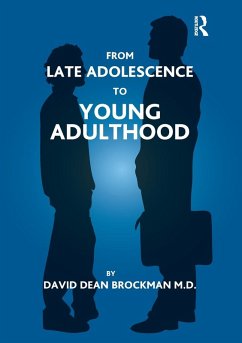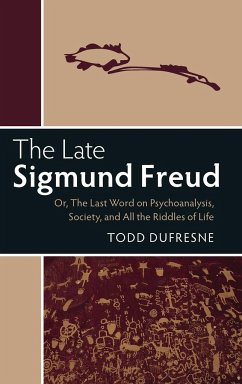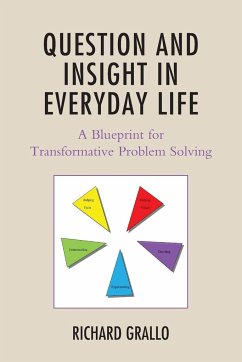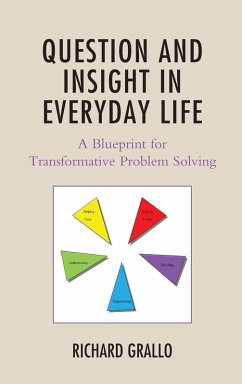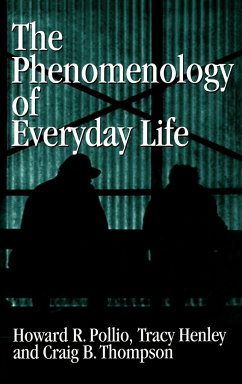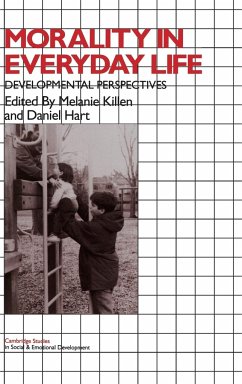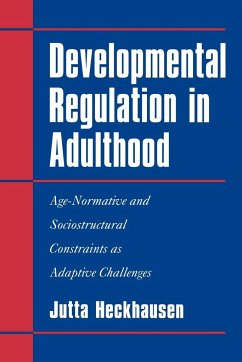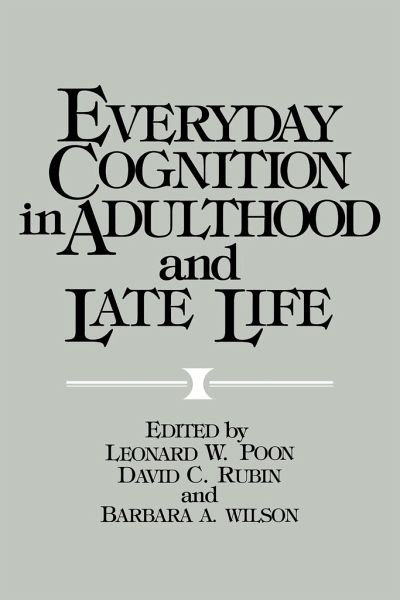
Everyday Cognition in Adulthood and Late Life
Versandkostenfrei!
Versandfertig in 1-2 Wochen
66,99 €
inkl. MwSt.

PAYBACK Punkte
33 °P sammeln!
Provides a firm theoretical grounding for the increasing movement of cognitive psychologists, neuropsychologists and their students beyond the laboratory, in an attempt to understand human cognitive abilities as they are manifested in natural contexts. The pros and cons of the laboratory and the real world - the problems of generalizability versus rigor - are thoroughly analyzed, and practical escapes from what has become a false dichotomy are suggested. The authors present relevant data that open up new directions for those studying cognitive aging. Finally, they consider the applications of ...
Provides a firm theoretical grounding for the increasing movement of cognitive psychologists, neuropsychologists and their students beyond the laboratory, in an attempt to understand human cognitive abilities as they are manifested in natural contexts. The pros and cons of the laboratory and the real world - the problems of generalizability versus rigor - are thoroughly analyzed, and practical escapes from what has become a false dichotomy are suggested. The authors present relevant data that open up new directions for those studying cognitive aging. Finally, they consider the applications of the new knowledge for clinicians and educators.





